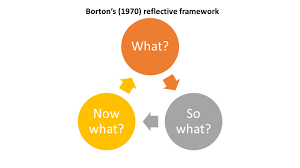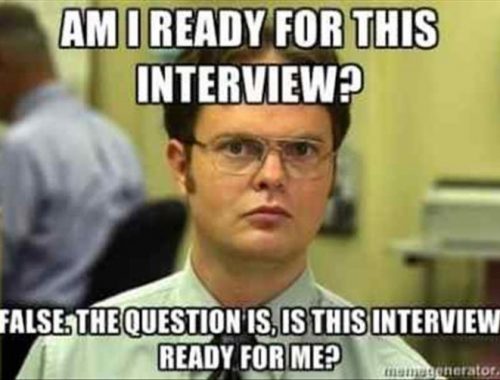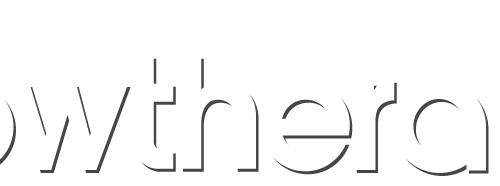
The World of Theatre upon Reflection
‘Why?’ I have found there is no more adequate a question to ask when you are in a new world of knowledge.
I was first involved in office work, mainly doing administration assistance and often shadowing Liam McMullan (GBL Productions) and Martin Lynch (Greenshoot Productions) in both of their lines of work. I learned that GBL and Greenshoot are separate companies but both were started in 2002 by writer Martin Lynch to work cooperatively. Greenshoot is a non for profit organisation that relies on Arts Council Funding and grants to put on shows. GBL however, is a company that works off of box office budgets and sponsorships from various companies and theatres. This means that money made from shows goes right back into the production of an upcoming one.
Greenshoot gives the opportunity to act to those who live in working-class areas, most recently, Martin Lynch has focused on Tiger’s Bay in Belfast. I got to attend an evening talk with him in Duncairn Community Centre where he had Diona Doherty as a special guest to discuss the importance of acting to express one’s own emotions and to process the world in which we live, in a creative and safe space. GBL is the organisation that offers the workers of both GBL and Greenshoot the opportunity to continue to produce such true-to-life works and maintain the connection with these varying communities.
All of this context greatly informed the work I was undertaking. To reflect on this experience, I will be using Borton’s Model; “Employees who have applied reflection report that they have a better understanding of the tasks they perform and that they are better able to assess their importance.” (Janse)

What?
The ‘What?’ element of the model is to establish a baseline level of understanding about the experience at hand; ‘this should succinctly describe what has happened, what you and others have been doing.’ (Dabell) My first task as an administration assistant for GBL Productions was to work on social media ideas for the company, focusing on captivating users of all ages and backgrounds. My role consisted of researching tactical marketing ideas in order to maximise engagement with consumers online. Since social media is such an immense part of a company’s branding and relevance in society, this task was certainly challenging.
So What?
The ‘So What?’ element offers the opportunity for a deeper analysis of my approach to the task and reflect on my methods. I first began looking at the most popular online platforms, such as Facebook, Instagram, Twitter and Tiktok. Given my age and use of the internet on a regular basis, I found that my understanding of the internet and its intricacies was not the same as that of my mentors. This meant that when I was presenting this data to those in charge, I was not explaining the details as clearly as I first thought. There was a certain barrier in language (colloquialisms and also generational differences) that made it challenging to explain my ideas for social media campagins, competitions and the best ways to enhance consumer engagement. I also found that since certain shows the company were producing were specific to the region of Northern Ireland and as a result, not all of my social media ideas would have worked as well as in other areas. I had to dive deeper into the more regional social media ideas to attract the target audience which also had its own challenges.
However, on a positive not, many of my other social media ideas made it to fruition and were used to encourage audiences to attend the shows on offer. For example, I recommended that the company do social media ‘takeovers’ by the various cast members in all the shows. This allowed for audiences to engage with the actual people they would soon see on stage and offered a less mysterious view of theatre and behind-the-scenes!
Now What?
This element focuses on final reflection of the experience and how I may improve if given the opportunity again. The action I intend to take to improve in future is that I would create a straightforward format for my mentors to intake certain information, possibly in a PowerPoint presentation or Excel spreadsheet. This would speed up the meeting times and be easy to navigate. I would also set focuses for my research and work within those boundaries to ensure I would not be wasting time and as a result, get the most effective marketing ideas. Only after completing this task did I begin to ask myself ‘Why?’ and ‘So What?’ after every piece of work I completed. This has allowed me to further analyse why it is I am doing this work and its importance to the company as a whole.
I was initially convinced I had an understanding of the world of theatre and marketing due to the nature of my English and Drama course and my experience as an actor in TV, Film, and Theatre. However, I was sorely mistaken, though not disheartened. If anything, this made me even more eager to learn. I was introduced to the more challenging elements of running one’s own company and I have a newfound respect for those in the theatre industry.
Bibliography
Dabell, John. Borton’s Model Of Reflection. 5 8 2018. Web. 15 11 2022.
Janse, B. Toolshero: Borton’s Model of Reflection. 9 9 2022. Web. 13 11 2022.
You May Also Like

Interview a New You! – Becoming an Interview Guru
24 February 2023
“Fake it ‘til you make it!”: Finding Success in a Simulated Interview
22 February 2023

